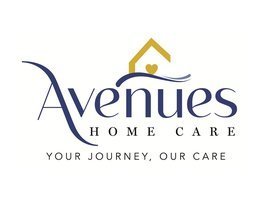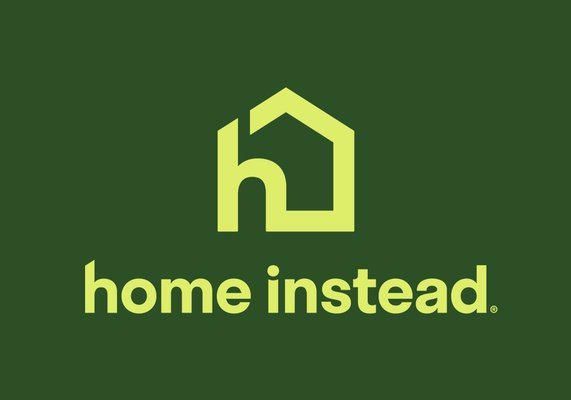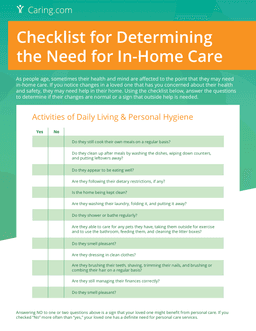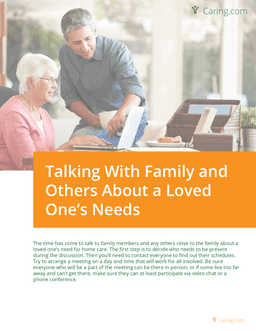
5726 Marlin Road, Chattanooga, TN 37411
At Avenues Home Care™, we’re reshaping the meaning of personalized caregiving. We focus on quality, compassion, professionalism, reliability, and trust. But above all, our priority is you and your loved ones. Established by a dedicated team of experienced nurses and forward-thinking industry leaders, our mission is to enhance lives through our wide range of accessible home and health care services.
Pricing not available

















